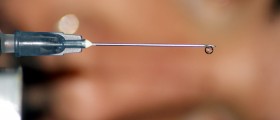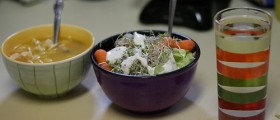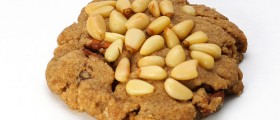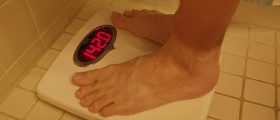
What scientists do understand is that losing weight increases the chances of conception. Among women who have PCOS who are overweight, losing 5 to 10 per cent of total weight results in lower testosterone levels. When testosterone levels go down, hair growth is less, and skin blemishes are less. Sex drive becomes synchronized with the menstrual cycle, and the lining of the uterus is stimulated at the right times during the menstrual cycle. Reducing calorie consumption also increases ovulation. In a recent study of diet, exercise, and fertility in women who have PCOS, researchers published in the September 2008 edition of the Journal of Clinical Endocrinology and Metabolism reported that about 50 per cent of women begin to ovulate within six months of going on a reduced-calorie diet. In women who have unusually long periods, dieting reduced the average length of the menstrual cycle from 44 days to 28.
In women who have variable periods, dieting reduced the variability of the period to about 3 days early to 3 days late. And the longer women stick to the PCOS diet, the more likely they will be able to have babies. Other research studies have found that up to 92 per cent of women who have PCOS are able to conceive within a year of losing just 2 to 8 kilos (5 to 19 pounds) of body weight. After the baby is conceived, of course, cutting back on calories is not a good idea! Many women with PCOS will be happy to know that if you can diet, you don't necessarily have to exercise to get the benefits for reproductive health. Adding exercise to your diet plan results in firmer muscles, trimmer waistlines, and feeling better-but it is not essential for trying to conceive

















Your thoughts on this
Loading...